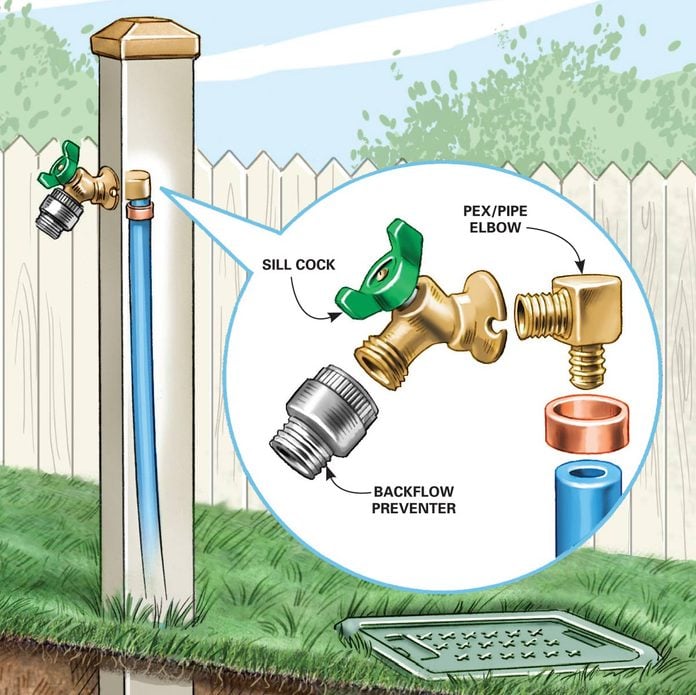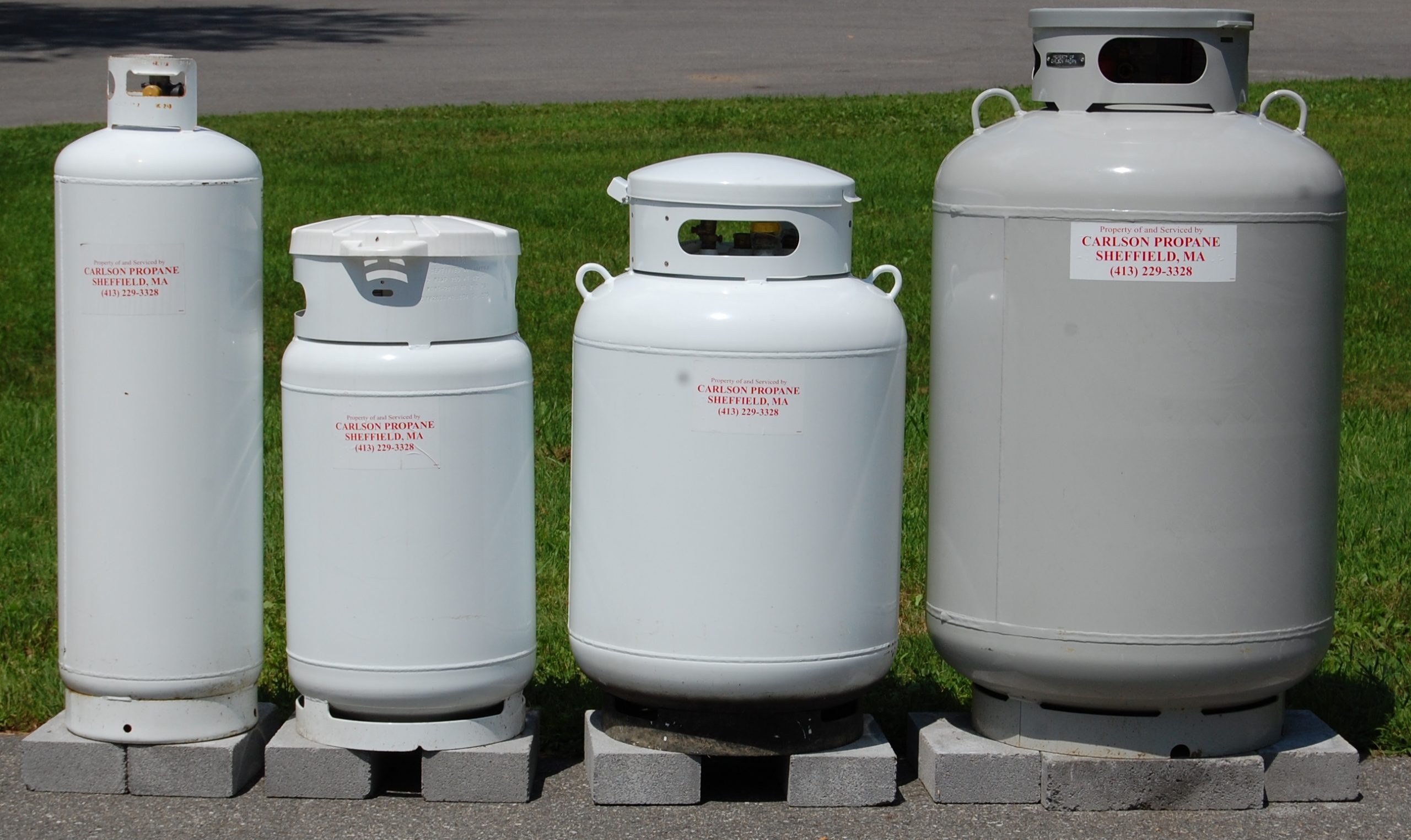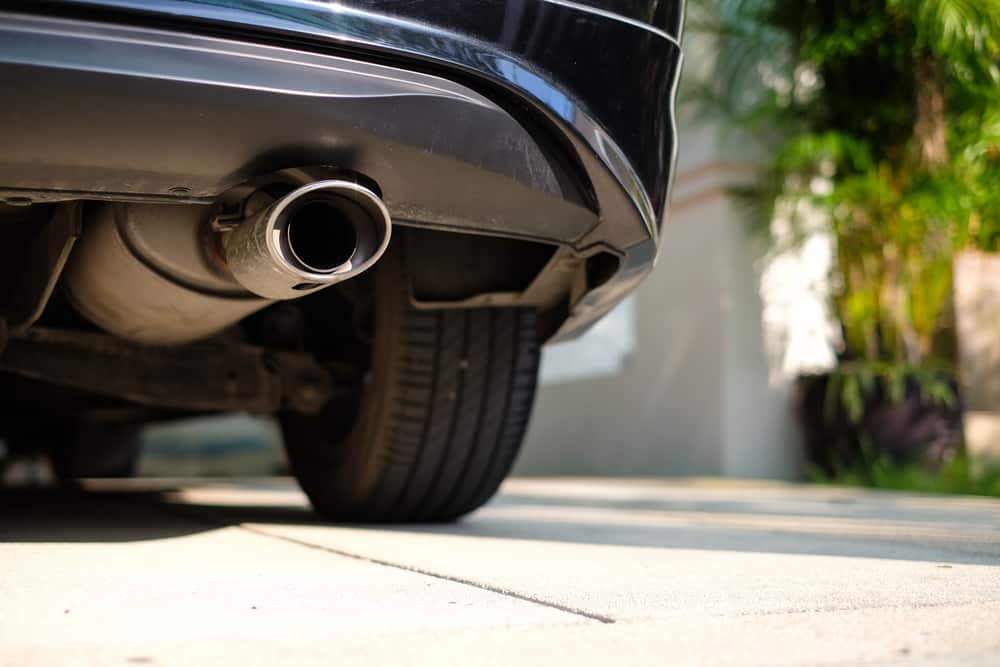When replacing pipes for residential or commercial building owners, there are a few things you should take into account before selecting your material. These include durability, lifespan and cost.
Selecting the ideal piping material is an important decision that can save you money in the long run by helping avoid expensive repairs. In this article, we’ll take a closer look at some of the strongest pipe materials available and their practical applications.
PVC
PVC pipes are one of the most widely-used and strongest pipe materials on the market. From sewage lines, water mains, irrigation pipes to garden hoses and children’s toys, there are countless uses for this plastic material.
Polyvinyl chloride (RPVC or uPVC) comes in two basic forms: rigid and flexible. Rigid forms, also referred to as unplasticized polymer (RPVC or uPVC), are hard and brittle while flexible forms are softer and easier to bend due to added plasticizers.
Plastic pipe is widely used in the production of plumbing, heating and cooling systems, chemical fluid transfer, venting, duckwork and construction engineering applications. Not only is this material durable but it also boasts other properties which make it suitable for these tasks and many more.
Metals like copper and stainless steel cannot handle a wide range of chemicals that other metals such as titanium and stainless steel cannot handle, nor does it encourage microbiological growth on its surface. Furthermore, stainless steel plumbing is resistant to corrosives, rust and extreme weather exposure (including sun UV exposure) that could reduce its service life significantly.
These characteristics give it an advantage over stainless steel in several areas. It is the strongest pipe material available and boasts higher thermal insulation properties than other pipe materials, allowing it to withstand hot and cold temperature changes without deteriorating as quickly as stainless steel does.
One key property of PVC is its flexibility, enabling it to be molded into virtually any shape. This flexibility enables it to be used for pipes, fittings and other items that would not be possible with metal pipe alone.
PVC pipe material is the strongest available and boasts superior durability and corrosion resistance to a range of corrosives. Not only does it not corrode easily, but its thickness allows it to resist impact damage better and protect against abrasions.
Not only is steel pipe material of exceptional strength, it is also highly recyclable and reusable – making it cost effective for both consumers and manufacturers as production of this relatively inexpensive material is relatively cheap.
Recycling plastic at an industrial level is considered a safe alternative to metals for many piping and plumbing applications. Nonetheless, it’s still essential to understand its environmental impact.
The production of this synthetic plastic has numerous negative environmental consequences. While it may not be toxic when manufactured without specific additives like lead, phthalates or dioxins, it can still release hazardous chemicals when reused or recycled. These leaches into air, soil or water and eventually make their way into our food chain as endocrine disruptors; they have the potential to cause cancer as well as birth defects in children.


